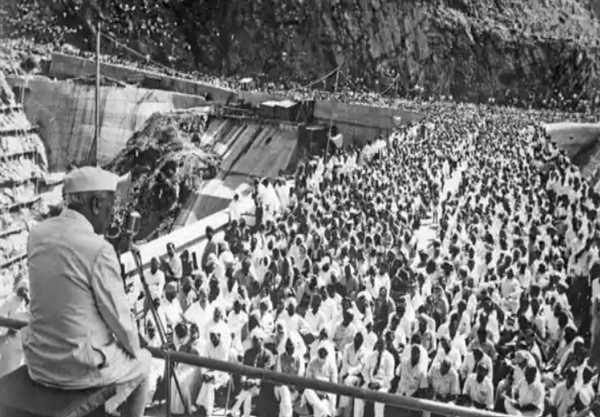India provided over 2.5 million voluntary soldiers to fight for the Allies during World War II. These very brave troops battled fervently on land, sea, and air despite coming from modest and underprivileged homes. There is a vast list of legends who were important in the conflict, some of whom are well-known but most of them are underappreciated.
India's Participation in World War II

- Indian involvement in the Second World War went beyond sending troops.
- All racial and ethnic groups in India made contributions to the military effort in the struggle against fascism.
- Indians contributed to the war effort in a variety of ways, including by manning merchant supply ships that sent supplies and food to soldiers in Europe.
- In the land of Britain and other nations, Indian medical professionals played a significant role.
- Indian and British women established the Indian Comforts Fund (ICF) in 1939 at India House in Aldwych.
- The ICF provided soldiers and Asian POWs with more than 1.7 million food packages between 1939 and 1945 in addition to warm clothing and other necessities.
Impact of World War II on India
- The impact of World War II on India's economy was both immediate and long-lasting. The war disrupted India's imports, causing a severe shortage of essential goods and a sharp increase in prices. India's exports also declined, and the country's foreign exchange reserves were depleted.
- The war had a devastating effect on India's agriculture. Crops were destroyed, livestock slaughtered, and irrigation works damaged. The loss of agricultural output led to widespread famine and death.
- The war also led to the displacement of millions of people. Refugees from Bangladesh and Pakistan poured into India, putting immense strain on the country's resources.
- In the long term, the war led to the development of India's heavy industry and the growth of its domestic market. India emerged from the war as one of the world's leading industrial nations.
- The war also had a profound impact on India's political landscape. The country's nationalist movement gained momentum, and the war led to the eventual independence of India.
- In addition, the Second World War was fought to stop Hitler from enforcing British colonial occupation, which had been going on for generations, outside of German borders.
Because of this, after the war, people all around the world started to support those who were against the British Empire's colonial occupation. - The Bengal Famine of 1943 was devastating for the Indian people, but the British refusal to halt supplies from India in favour of those in need only increased the nationalists' determination to pursue their cause of independence.
- In addition to other liberal ideals, the Labour Party was dedicated to internationalism and racial equality when it came to power in Britain in 1945. India's independence was granted by Labour Party Prime Minister Clement Attlee.